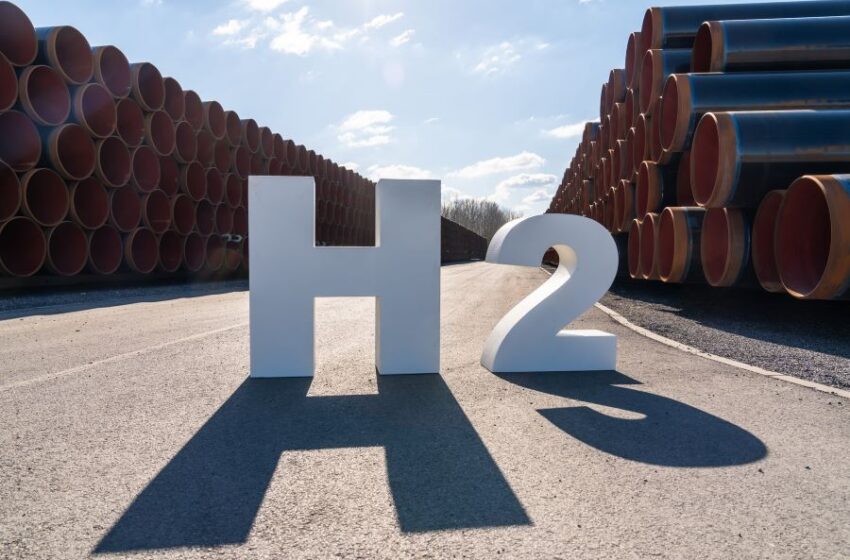
KfW Commits $25 Billion to Germany’s Hydrogen Core Network
Germany’s plans to advance its renewable energy goals and become a hub for hydrogen production received a fillip with the state-owned KfW Development Bank committing up to $25.26 billion to establish and maintain a new hydrogen core network across the country.
The German Federal Network Agency has already approved the construction of the nationwide hydrogen core network last month. This major investment is designed to bridge the financial gap needed for early infrastructure development, while simultaneously supporting Germany’s broader transition to a carbon-neutral energy system.
The hydrogen core network will span approximately 9,000 km, expected to cost $20 billion, will link all 16 German federal states, as well as key industrial regions with 13 import nodes at international borders slated for completion by 2032 across the country. Once completed, it will be the largest facility in Europe.
Approximately 60% of the hydrogen network will utilise repurposed natural gas pipelines, reducing the need for entirely new construction. However, new pipelines will be built where necessary. By 2037, most of the core network is expected to be operational, though targeted subsidies will remain available to address specific construction challenges.
To manage initial costs, KfW will provide financing through an amortisation account, which will cover the significant up-front expenses until the network reaches a level of use that can sustain itself financially.
Hydrogen’s Role
Hydrogen is emerging as a cornerstone in Germany’s energy transition strategy, particularly for sectors that are difficult to electrify. The versatility of hydrogen makes it a game-changer for industries like steel, cement, and chemicals, where it can replace traditional fossil fuels like coal and natural gas.
Besides, hydrogen holds promise for sectors such as heating, aviation, and marine transportation, where its efficiency and storability make it a preferable energy carrier. Unlike electricity, hydrogen can be efficiently stored for long periods, making it a critical element for balancing renewable energy systems that depend on inconsistent sources like wind and solar.
The hydrogen core network represents a significant opportunity to bridge the gap between hydrogen production and consumption, thereby helping to decarbonize several high-emission sectors of the economy.
EU Support
The European Commission has endorsed Germany’s hydrogen initiative by providing $3.16 billion in support through state guarantees, which are meant to facilitate affordable loans for operators overseeing the pipeline conversions and new constructions.
This support underscores the European Union’s commitment to promoting hydrogen as a vital part of the continent’s energy mix, strengthening Europe’s competitiveness in clean energy and building cross-border partnerships for a future hydrogen economy.
KfW’s investment in Germany’s hydrogen infrastructure is poised to transform not only the nation but will be an example for other industrialised countries looking to decarbonise their economies.















